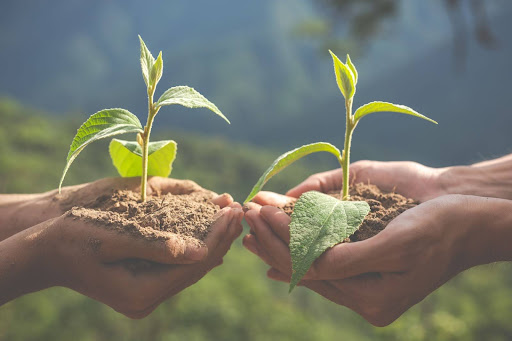Hypothesis:
By enhancing existing water management infrastructure and integrating advanced recycling techniques, Everest Spices can achieve net-zero water waste, reducing environmental impact and furthering their commitment to sustainable practices.
Introduction
Everest Spices is striving towards a net-zero water goal as part of its broader sustainability mission. While the company already operates a rainwater harvesting system and an effluent treatment plant (ETP), there is potential to further reduce water waste by improving recycling processes and optimizing water use. This case study outlines how Everest Spices can enhance its water management strategy to achieve net-zero water waste.
Existing Water Management Systems
- Rainwater Harvesting:
- Everest Spices currently collects and stores rainwater through its rainwater harvesting system, reducing dependence on external water sources during the rainy season. This water is used for cleaning, cooling, and other non-potable purposes.
- Effluent Treatment Plant (ETP):
- The ETP processes wastewater generated from the production and cleaning processes. Treated water is safely discharged or reused, contributing to reduced water pollution and compliance with environmental regulations.
Proposed Enhancements for Net-Zero Water Waste
To build on the existing infrastructure, Everest Spices can implement several advanced water management practices:
- Optimization of Cooling Towers:
Cooling towers play a significant role in water consumption. By optimizing these systems to reduce evaporation, blowdown, and drift losses, Everest can improve water efficiency which will result in energy savings as well.
- Closed-Loop Water Recycling:
Everest can further develop its water recycling processes to achieve a closed-loop system. This would involve treating and reusing greywater and other wastewater streams for non-potable applications such as equipment cooling and floor cleaning.
- Expansion of Rainwater Harvesting:
While the current rainwater harvesting system is effective, expanding its capacity could capture even more water, especially during peak monsoon seasons. Additional storage tanks and filtration systems could ensure a more significant contribution to daily water usage.
4. Advanced Wastewater Reuse:
Treated water from the ETP could be reused for landscaping, irrigation, or even certain production processes. This would allow Everest Spices to maximize its water recycling potential and minimize fresh water consumption. The facility can also explore options to treat wastewater to a higher standard, enabling greater reuse across production cycles.
5. Water Usage Optimization:
By installing smart water meters, Everest Spices can track water usage across different processes in real time. This data-driven approach would help identify areas of high water consumption and inefficiencies, allowing the company to make targeted improvements to reduce waste. Optimizing water use in critical areas such as cleaning and cooling could significantly decrease overall water consumption.
Expected Benefits and Outcomes
- Reduction in Water Consumption:
- Enhancing water recycling and optimizing current systems could lead to a further 20-30% reduction in freshwater usage, bringing Everest closer to achieving net-zero water waste.
- Environmental Impact:
- By further reducing freshwater use and maximizing recycled water, Everest Spices would minimize its water footprint, contributing to local water conservation efforts and reducing its overall environmental impact.
- Improved Operational Efficiency:
- Advanced water monitoring and recycling systems would optimize operational efficiency, ensuring Everest uses water resources more effectively while maintaining production quality.
Challenges and Considerations
- Additional Investment:
- Expanding rainwater harvesting, upgrading the ETP, and implementing advanced recycling systems would require initial capital investment. However, the long-term savings and environmental benefits would offset these costs.
- Maintenance and Operation:
- Regular maintenance of water recycling systems and the expanded rainwater harvesting infrastructure will be essential to ensure consistent performance and avoid disruptions in the water supply.
- Staff Training and Adoption:
- Staff will need to be trained in using new water monitoring systems and adopting water conservation practices. A cultural shift towards water-conscious behavior across the factory will be necessary to achieve net-zero water waste.
Conclusion
By enhancing its existing rainwater harvesting and ETP systems and adopting advanced water recycling methods, Everest Spices can move closer to achieving its net-zero waste goal. With the right investment in infrastructure and water usage optimization, the company will not only reduce its water consumption but also reinforce its position as an industry leader in sustainability. This approach will also yield significant operational and financial benefits, contributing to a more sustainable and cost-effective future for Everest Spices.







